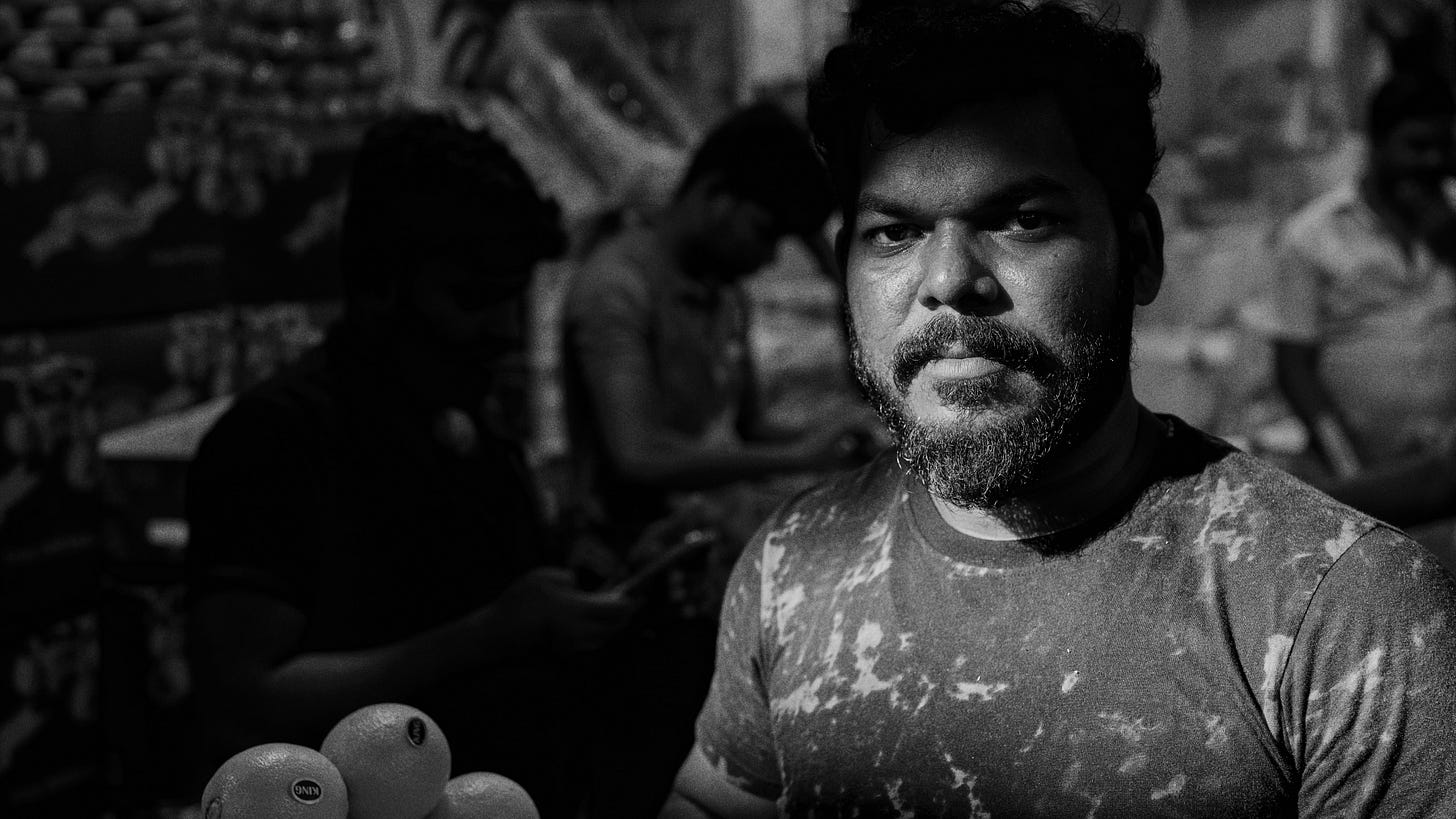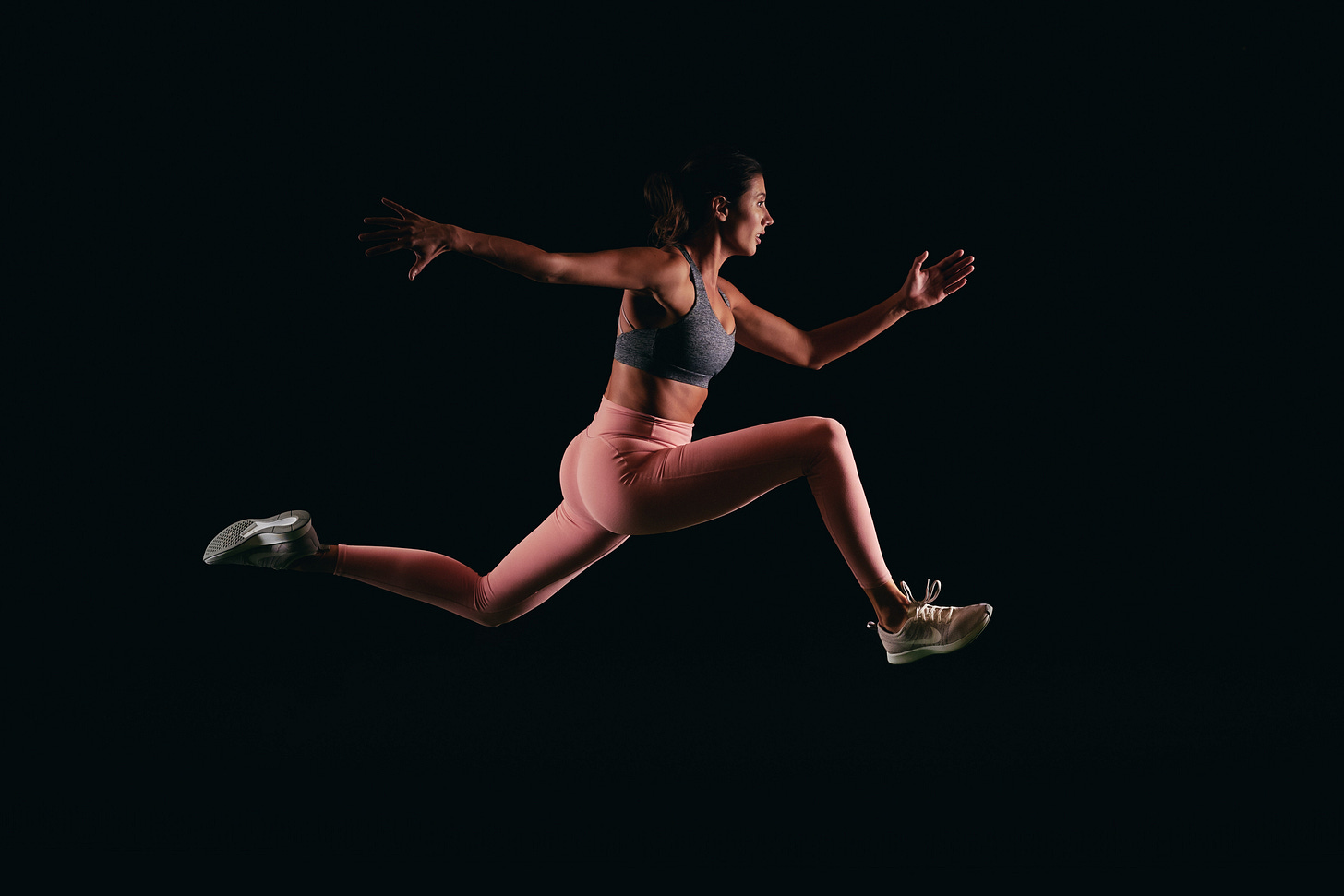The Magic Behind Chiaroscuro In Photography
Sculpting With Light and Shadow
Every so often, you’ll stumble across a photography technique that transforms the way you see and create. And no, I’m not talking about the first time we all discovered HDR back in the 2000s. Let’s agree never to revisit that chapter.
I’m talking about techniques with roots in art history that were developed and refined by the masters. For me, chiaroscuro is one of those. It’s not just a lighting style. It’s a storytelling language that’s been shaping images for centuries before cameras ever existed.
I first learned about this technique six years ago and even made a video on it. This week, I want to take a deeper dive and share it with you here on Church & Street.
A Brief History
Chiaroscuro began in Renaissance painting, when artists like Caravaggio, Leonardo da Vinci, and Rembrandt used intense contrast to give their scenes depth and drama.
Caravaggio, built entire compositions around darkness pierced by a single beam of light. Leonardo da Vinci used chiaroscuro to create a lifelike sense of depth and volume. Rembrandt? Well, his technique was so influential that we still use his name to describe a modern lighting style.
When photography emerged in the 19th century, early portraitists borrowed the look. Using window light, candlelight, or gas lamps, they sculpted faces the way the old masters painted them. Later, chiaroscuro became a hallmark of film noir, fine art portraiture, and even modern editorial work.
Why Is This Useful?
Here’s why chiaroscuro is worth studying:
It can deepen your understanding of light and shadow
It can add drama to otherwise simple scenes
It can also infuse more narrative to your image
Chiaroscuro is more than an aesthetic choice. It’s a way to direct emotion, focus attention, and create tension. By shaping where light falls and where it doesn’t, you control the story.




